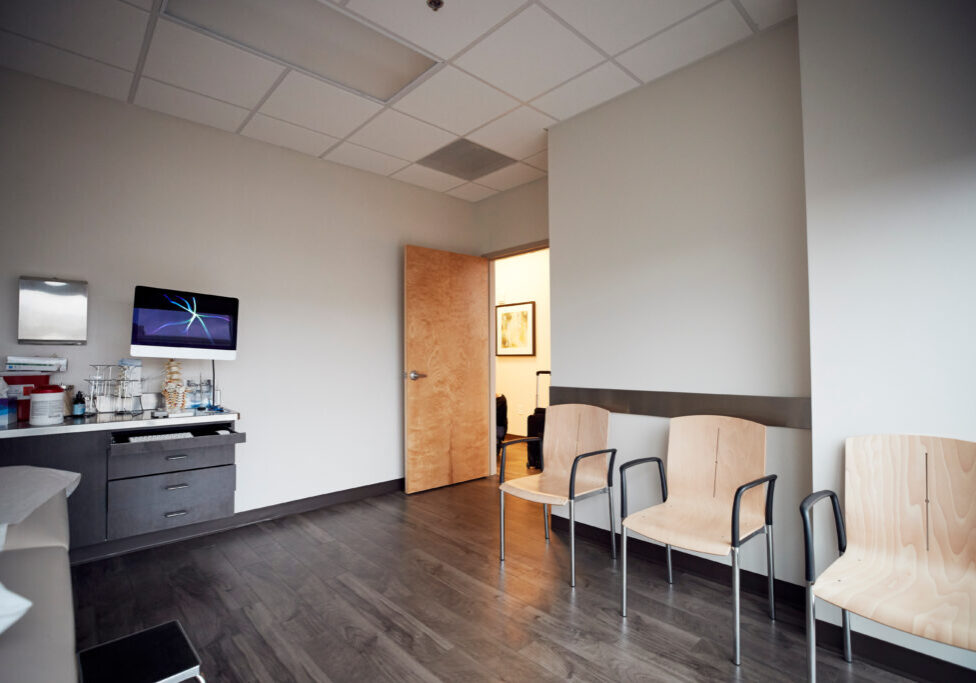All states except for Alaska use a financing tool called provider taxes to help fund healthcare for people with low incomes. The Senate’s effort to roll back this important tool for states to fund their share of Medicaid does not comply with budget reconciliation rules and must be removed from the One Big Beautiful Bill Act. That’s the conclusion of the U.S. Senate Parliamentarian. The Times-Picayune | Baton Rouge Advocate’s Mark Ballard explains why this ruling is important for Louisiana:
“Should the Senate Finance language succeed, Louisiana faces a more than $2 billion cut,” said Ryan Cross, government affairs director for the Franciscan Missionaries of Our Lady Health System, which runs hospitals in Louisiana and Mississippi, including Our Lady of the Lake Regional Medical Center in Baton Rouge. “We have to protect long-standing Medicaid financing tools that provide life-saving access to care across Louisiana,” Cross added.
Ballard explains the ruling, and what could be next:
For instance, the 6% cap on the amount of taxes states could charge providers was approved by 60 votes several years ago. Therefore, 60 votes would be needed to change that limit to 3.5%, as the Senate Finance Committee proposed. Language in the Senate’s version of the overall bill, which hasn’t been drafted yet, could revert back to the House’s version, which temporarily froze provider tax rates at current levels; the provision could be dropped altogether; or Senate Finance could try to tweak the language.
Louisiana Senate did the right thing on tax bills
During the recently concluded Louisiana legislative session, the state Senate rejected a package of tax cut bills amid concerns that they would have created massive budget gaps in upcoming years. Neva Butkus, senior analyst at the Institute on Taxation and Economic Policy, writing in a guest column for the Times-Picayune-Baton Rouge Advocate, explains why this was a responsible decision:
House Bill 578 would have reduced the state’s sales tax from 5% to 4.75% costing the State General Fund $266 million a year by 2028, while House Bill 667 would have cut the personal income tax from 3% to 2.75% and allowed seniors to claim an additional standard deduction, costing the state $378 million a year by 2028. The Senate also rejected a constitutional amendment that would have eliminated the state’s rainy day fund to help fund the cuts. The state was already projecting a $590 million budget shortfall in the coming fiscal years. When you add the proposed tax cuts to this, you get a cool $1.2 billion deficit by 2028.
Higher ed building boon
Louisiana colleges and universities are slated to receive $610 million to finance new construction on campuses. The 2025-26 state budget includes funding for a much-needed new library on LSU’s main campus in Baton Rouge. The Louisiana Illuminator’s Piper Hutchinson breaks down the allocations for higher education institutions in the state and how those dollars will be used:
Projects in the LSU System are slated to receive about $196 million next year, up from $186 million this year. … The Southern University System will receive about $144 million, up from about $67 million this year. The largest portion, $47 million, will be used for a new science, technology, engineering and math complex at its main campus in Baton Rouge. The University of Louisiana System is slated to receive around $175 million, up from $136 million this year. That includes $17 million to renovate a major academic building at Louisiana Tech and $15 million for renovations to the Health Science Complex at the University of Louisiana Lafayette. The Louisiana Community and Technical College System will receive around $31 million, down from about $34 million this year.
SNAP is about more than food
The sweeping tax and spending bill moving through Congress aims to cut hundreds of billions of dollars from the Supplemental Nutrition Assistance Program. SNAP, more commonly known as food stamps, helps households with low incomes put food on the table and is one of the most effective tools for fighting poverty. Rachael Ray, writing in a guest column for the Washington Post, explains how the program also benefits local economies and puts children on the path to a brighter future:
SNAP is one of the most effective ways to ensure kids have enough to eat: 1 in 5 children in the United States participate in the program. This has a real impact on their future. Kids who receive SNAP do better in class and have a higher likelihood of graduating from high school. They’re also healthier than their counterparts who don’t have access to SNAP, in part because their families are less likely to have to sacrifice health care to pay for food or other necessities. Beyond this, SNAP strengthens communities. When families spend their grocery benefits, those dollars are funneled directly back into local economies — supporting small businesses, local farmers and food producers.
Number of the Day
30.6% – Percentage of Louisiana’s tax revenue that came from personal income taxes in 2024. Louisiana raised an almost identical amount – 30.5% – from general sales taxes. (Source: Pew Charitable Trusts)
